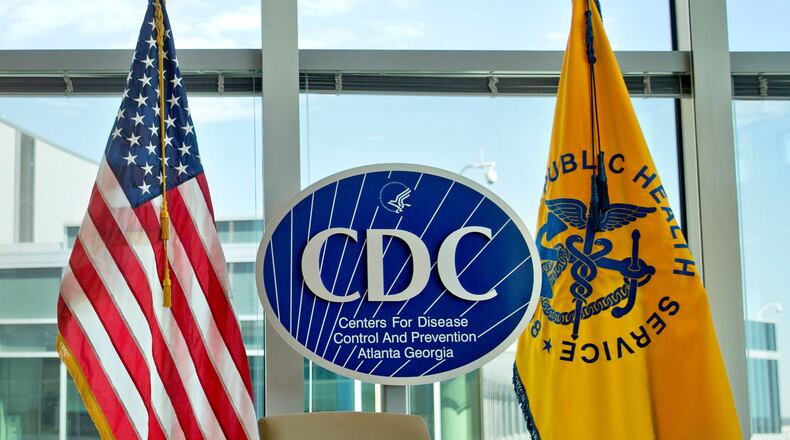The HIV infection rate for low-income heterosexuals from Atlanta and 23 other cities is 10 to 20 times higher than the overall rate for the nation, according to a study released Thursday by the U.S. Centers for Disease Control and Prevention.
People who did not finish high school, were unemployed and had incomes below the poverty line were all significantly more likely to be HIV positive than heterosexuals with higher levels of education and income.
Nationally, the rate of HIV among heterosexuals is still relatively low. The cases that do exist tend to be heavily concentrated in poor neighborhoods, said Dr. Paul Denning, an author of the report. Rates among heterosexuals in these communities -- especially in the South and on the East Coast -- can be on par with the high rates in some low-income developing countries, Denning said.
One in 3 new HIV infections in the United States is transmitted through heterosexual contact, the study said.
Atlanta and the other cities included in the study all have a high prevalence of AIDS. Georgia ranks in the top 10 nationally for both its number of AIDS cases and its infection rate. HIV is a virus that can lead to AIDS, a condition that severely damages the immune system.
Experts said the findings of this and other studies can guide prevention efforts.
“Clearly, if we are to make a dent in this epidemic, we need to focus on those low-income community residents,” said Paula Frew, an AIDS researcher who is an assistant professor of medicine at Emory University.
The study also examined HIV by race. Nationally, the prevalence of HIV among blacks is more than 8 times the rate among whites. But in the high-poverty communities studied, differences in HIV rates by race were minimal. That may suggest that poverty-related factors are driving at least some of the differences at the national level, Denning said. Blacks are about four times as likely as whites to live in low-income areas such as those included in the study.
The study was based on data collected through the National HIV Behavioral Surveillance System.
RELATED
CDC: HIV statistics at a glance
CDC: HIV / AIDS among African-Americans
AJC Series: The Silent Epidemic - Black gay men and HIV
About the Author
Keep Reading
The Latest
Featured



